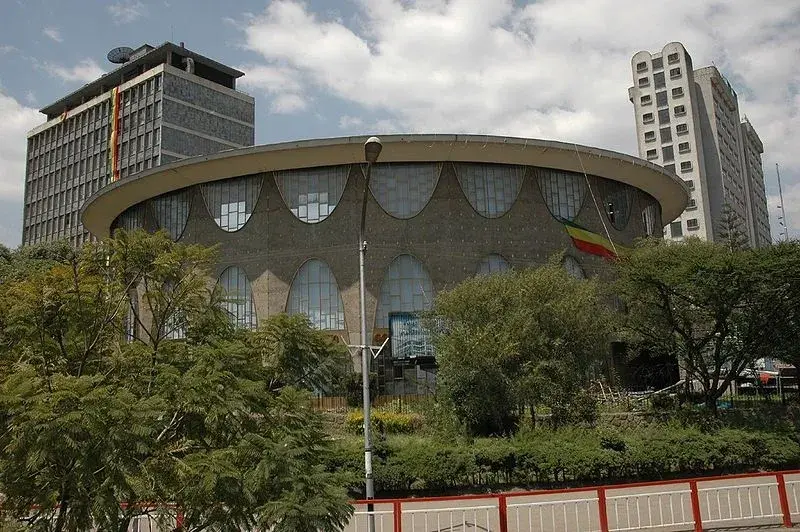The Central Bank of Ethiopia has raised the annual credit growth cap for commercial banks from 14 percent to 18 percent, indicating a gradual relaxation of monetary regulations in the face of declining inflation.
Despite the change, the National Bank of Ethiopia (NBE) will continue to implement its stricter monetary policy framework, the regulator said in a statement on Tuesday.
The NBE explained its decision to maintain credit growth limitations, albeit at a higher level, by stating that sensible monetary management is still crucial even when inflationary pressures have shown indications of abating.
Read also: Safaricom partners with JICA, Lersha, Hibret Bank to empower 10,000 Ethiopian farmers
During its first meeting on December 31, the bank’s Monetary Policy Committee (MPC) endorsed the decision, which shows hope for Ethiopia’s improving inflation forecast.
Inflation fell by 16.9% in November 2024
In November, year-over-year inflation fell to 16.9 percent, the lowest level in five years, as supply chains improved and monetary policy tightened.
To reduce inflationary pressures and stabilise exchange rate expectations, the MPC kept the central bank’s policy rate at 15 percent even while lending restrictions were loosened.
Reserve requirements and standing facility rates, among other monetary measures, have not changed.
“While recent inflation out-turns have been encouraging and show a generally disinflationary direction, it nonetheless remains important to maintain a prudent monetary stance” the MPC said in a statement, adding that the central bank aims to achieve single-digit inflation over the medium term.
Read also: Ethiopia launches first Sharia-compliant digital financing service with Ansar platform
Ethiopia’s economy grew by 8.1%
Ethiopia’s economy rose by 8.1 per cent in the fiscal year 2023–2024, according to government estimates, and this trend has continued into the current one.
According to the NBE, growth is being supported by record-high foreign exchange reserves, a bumper harvest, and increased industrial output, which were all aided by an exchange rate revision in July 2024. Nonetheless, the banking industry continues to face liquidity issues due to high loan-to-deposit ratios and constrained excess reserves.
The Committee “recognised the disinflationary trend in the latest monthly inflation data (-0.8 per cent for November 2024), the unusually tight liquidity and credit conditions prevailing in the banking system, and the sharp real decline in monetary aggregates relative to nominal GDP.”
Inflation and general economic conditions will determine future policy changes, and the MPC’s next meeting is set for March 25, 2025.
















